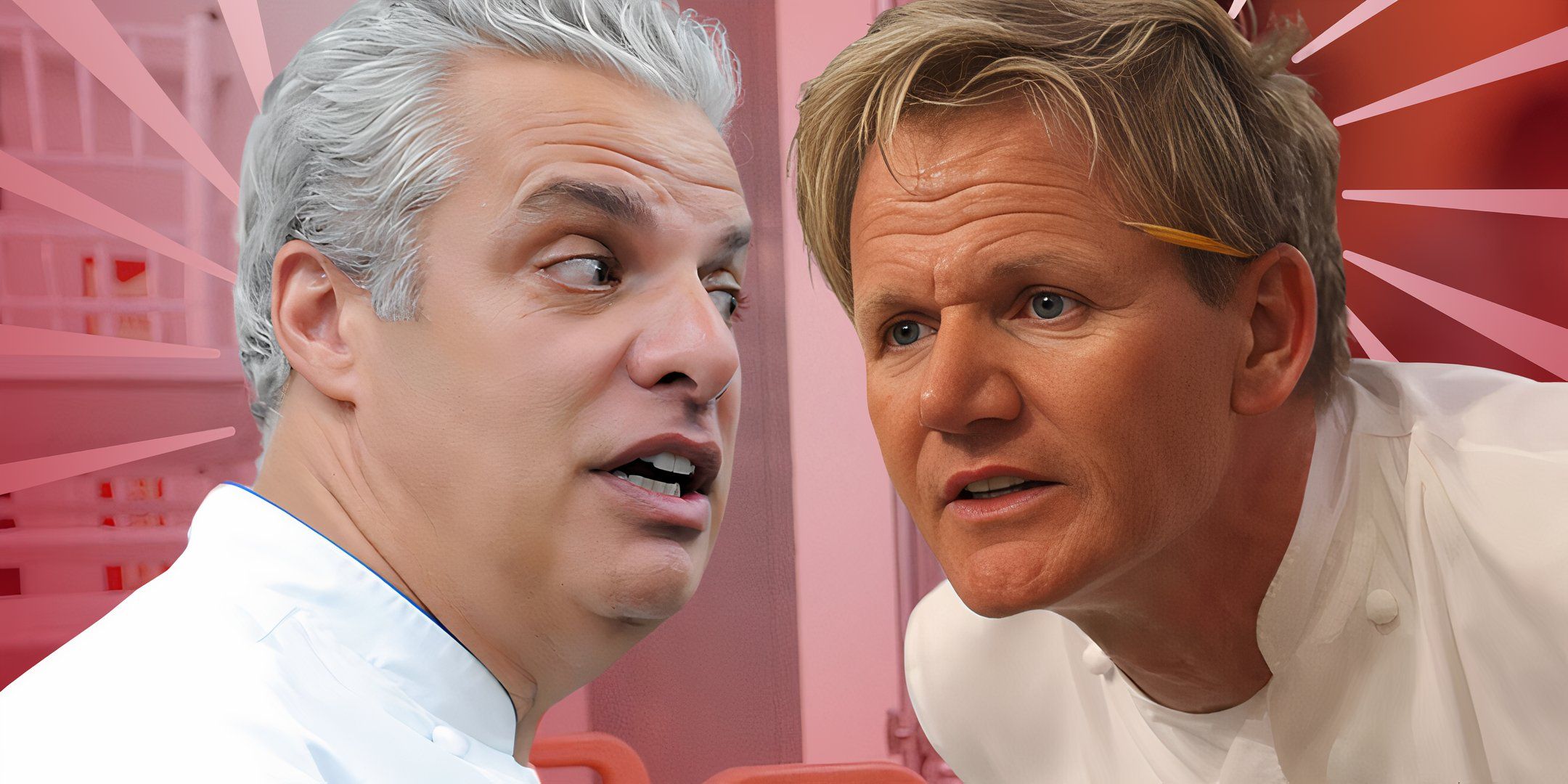Love addiction is real and can be avoided | Lifestyle

For weeks, US tabloids speculated about the possible reasons for a split between Jennifer Lopez and Ben Affleck. One of the strangest explanations was “love addiction”. TMZ took this theory so seriously that they interviewed psychologists and neurologists to investigate not only whether this was the reason for the couple’s possible split, but also whether such a love addiction even existed.
The answer to the latter question is, at least, yes, it certainly is. The chemicals the body secretes when falling in love can be more addictive than a recreational drug. That’s according to renowned anthropologist Helen Fisher, who has been studying love for decades. According to Fisher, this surge of hormones subsides between 12 and 15 months after the start of a romance. “Romantic love is a wonderful addiction at best. At worst, it leads to depression, suicide and even murder. In fact, our brain scan studies show that when a person falls in love, the same areas of the brain are stimulated as in drug addicts.”
Some people become addicted to that initial “high” and do anything to regain that initial state of euphoria. These are the people who are addicted to love. “It is possible to get sick when you break up with someone because being with that person releases hormones such as dopamine, serotonin and endorphins that make the brain want more. Their chemical bomb produces a pleasant feeling that can generate a great desire to be close to that person, constantly looking for that reward,” says Ana Pérez, author of Wait until you grow (Take care of yourself to grow).
How to tell the difference between emotional dependency and love addiction
Although it is normal to equate love addiction with emotional dependence, says Lara G. Ferreiro, author of the essay Adicta on an error (Addicted to an asshole), wants to make it clear that such dependence is not necessarily toxic in reality – unlike an addiction. “It is not naive to be emotionally dependent on the people we love. Healthy interdependence among adults is wonderful. Dependence means connection, but it is a problem when emotional dependence comes into play, that is the catch,” says the psychologist.
“It’s a positive addiction when the love is mutual, healthy, and appropriate (that is, when neither party is in a relationship with another person or has other serious issues). It’s a negative addiction when the feelings of romantic love are inappropriate, toxic, unrequited, and/or formally rejected,” says Fisher, who believes romantic love should be treated as an addiction. She says this type of love is not only a very powerful addiction, but a universal challenge because almost everyone experiences it at some point, unlike other addictions like compulsive gambling or substance abuse.
In her book, Ferreiro offers a test that the reader can take to find out if they are addicted to love. If they identify with any of the seven points that the psychologist describes, this could be a cause for concern. These points are: always feeling hurt, sad and frustrated in romantic relationships; having a history of allowing toxic behavior from partners; feeling dependent on the partner as if they were an emotional drug; putting up with everything the other person does; repeating the same pattern with toxic partners and low self-esteem. “Emotional addiction is characterized by a compulsive state of mind, an irresistible urge to be with the partner, loss of impulse control, centering one’s life on another person and an intense desire to consume the emotional drug that the partner’s presence has become,” explains Ferreiro.
When asked why some people experience romantic attachments in a much more dangerous and toxic way, psychologist Ana Pérez answers that the development of an addiction is complex and can be influenced by different variables. During the first phase of falling in love, the presence of dopamine (the hormone associated with pleasure and well-being) plays an important role. According to Pérez, it can serve as a door through which other factors enter, such as personal history, experiences, self-esteem, mental health and attachment style.
“The combination of these factors determines to a large extent a person’s choices and the way they experience emotions. For example, if a person developed an insecure attachment style in childhood, this can affect their relationship with a partner. If they have suffered from anxiety, depression or other mental health problems, they may be more likely to develop this type of dependency,” she says. If a person’s low self-esteem makes them feel that their validation depends on the approval of those around them, they may be more prone to forming pathological bonds with their partner. “In addition, at the genetic level, there are people who may be predisposed to developing addictive behaviors,” she adds.
How to overcome love addiction
The song I just can not get enough by Jennifer Lopez is itself a self-parody of a love addict whose incessant search for true love has led her to marry four times. “Jennifer Lopez pokes fun at her own love addiction on I just can not get enough; What is Ben Affleck thinking?” asks a People Headline. The couple has not yet commented publicly on the matter.
It is normal that the fear of the mere idea of separation prevents the love addict from continuing and even allows abuse and humiliation to hold on to the bond. Is there a way out? Ro Jiménez, author of Why you do so much (Why it hurts so much), says it’s essential for such people to work on their beliefs and structures to relearn how to relate to others and maintain healthy, long-term relationships. “I’m all for using an approach, particularly when working with women, that addresses the guilt of ‘not being able to leave.’ I wish it were that simple, but unfortunately there’s a whole social system designed to make us feel that way, so it’s not always an easy task,” she says.
Ana Pérez says that it is possible to overcome all addictions, but it requires work and effort from the person who wants to free themselves from them. “First of all, it is fundamental that the person accepts that they have a problem. This recognition is crucial to start working on the change, because you cannot make progress on something that you do not recognize as a problem. The person must want to get out of their situation and maintain a strong motivation during the process,” she says.
She stresses the importance of having a good support system. “It is important to have people around who can help, listen and support you when you are in crisis. Having a strong support system of friends and/or family members who understand what is happening and know the condition the person is in can be a great help. It is not necessary to go through this process alone. Getting help from family members, friends or a mental health professional can be key to a successful recovery,” she says.
Pérez says love addicts often suffer from a loss of identity and low self-esteem, so it’s important for them to work on their autonomy, acknowledge the need to spend time with themselves and other people, and resume hobbies and activities they once enjoyed. Because love addicts often move from one relationship to the next, Pérez says it’s important for them to reflect to better understand where they want to go and who they could be once they overcome their addiction.
Sign up for our weekly newsletter to get more English-language coverage from EL PAÍS USA Edition



